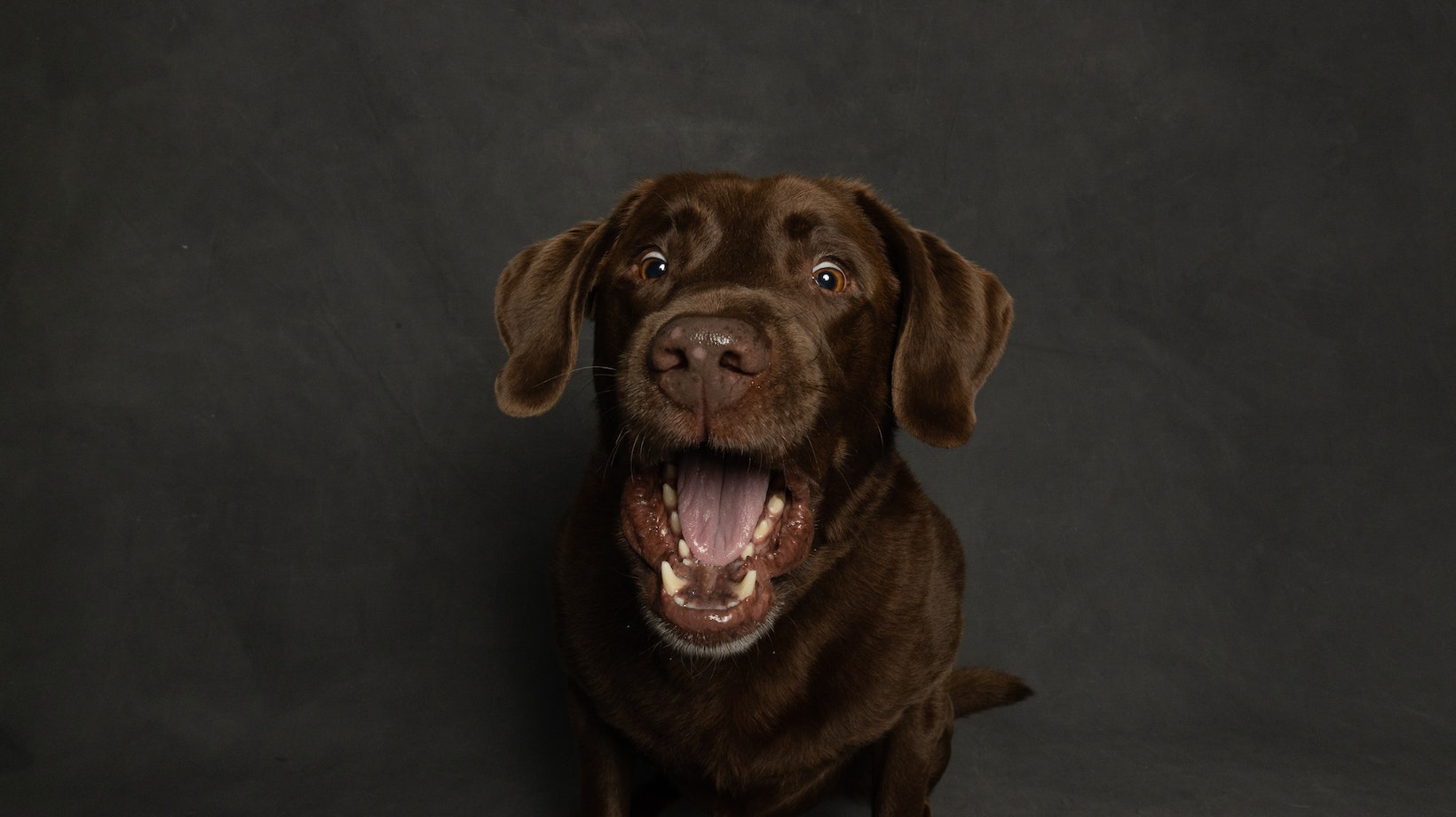How To Stop Food Aggression Towards Other Dogs
When it comes to addressing food aggression in dogs, positive reinforcement training has proven to be a valuable tool. By focusing on rewarding desired behaviors rather than punishing negative ones, we can create a positive and effective training environment for our furry friends. This approach is particularly useful when dealing with Labrador Retrievers, known for their love of food and sometimes possessive tendencies.
To implement positive reinforcement training techniques with your Labrador, start by ensuring a safe feeding environment. Separate your dog from other pets during mealtime to eliminate any potential triggers or competition. Then, gradually introduce controlled interactions with other dogs while they are eating, rewarding calm behavior and providing treats as a form of positive reinforcement.
Reward-Based Techniques: Encouraging Positive Behavior
Reward-based techniques play a crucial role in modifying food aggression behavior in Labradors. When your dog displays non-aggressive behavior around food or interacts well with other dogs during feeding time, reward them immediately with verbal praise and treats. This reinforces the desired behavior and encourages them to associate mealtime with positive experiences.
Additionally, consider incorporating interactive toys or puzzle feeders into your Labrador’s routine. These tools not only provide mental stimulation but also promote problem-solving skills and prevent resource guarding behaviors. By redirecting their focus from possession to engaging activities, you can help alleviate food aggression tendencies over time.
Implementing A Structured Training Plan
Consistency is paramount when implementing positive reinforcement training techniques to address food aggression in Labradors. Establishing clear rules and boundaries will help your dog understand what is expected of them during mealtimes.
Create a structured training plan that includes regular feeding schedules, designated eating areas for each pet (if applicable), and gradual exposure to other dogs during meals under controlled circumstances. Consistently reinforce good behavior through rewards like treats or praise, and avoid any negative reinforcement or punishment that may exacerbate food aggression.
Remember, addressing food aggression requires patience and persistence. It’s essential to work with a professional dog trainer or behaviorist if your Labrador’s food aggression persists or escalates despite your efforts. They can provide personalized guidance and support to ensure the safety and well-being of both your furry friend and others around them.
By implementing positive reinforcement training techniques, rewarding positive behavior, and maintaining consistency in your approach, you can effectively address food aggression in Labradors while fostering a harmonious feeding environment for all pets involved.

Seeking Professional Help For Severe Cases Of Food Aggression
When dealing with severe cases of food aggression in dogs, it’s crucial to recognize the potential risks and seek professional help. While minor food guarding behavior can often be addressed through training and management techniques, more serious cases may require the expertise of a qualified dog behaviorist or trainer.
Here are a few reasons why seeking professional help is important:
- Expertise in Behavior Modification: A professional who specializes in canine behavior will have the knowledge and experience to assess your dog’s specific case of food aggression. They can develop a tailored behavior modification plan that addresses the underlying causes and helps modify your Labrador’s response to food-related triggers.
- Safety Considerations: Severe cases of food aggression can escalate quickly, putting both dogs and humans at risk. A professional can provide guidance on how to safely manage feeding situations, reducing the chances of conflicts or injuries occurring between dogs.
- Correct Diagnosis: In some instances, what might appear as food aggression could actually be rooted in other behavioral issues or medical conditions. A professional can conduct a thorough evaluation to rule out any underlying health problems that may be contributing to your Labrador’s aggressive behavior.
- Structured Training Programs: Professionals have access to structured training programs designed specifically for addressing food aggression in dogs. These programs focus on positive reinforcement techniques aimed at modifying your dog’s behavior over time.
Remember, each case is unique, and there is no one-size-fits-all approach when it comes to managing severe cases of food aggression. By enlisting the help of a professional with expertise in canine behavior modification, you’ll increase the likelihood of successfully addressing your Labrador’s food-related aggression while ensuring everyone’s safety.
If you’re unsure where to find qualified professionals near you, consider asking for recommendations from local veterinarians or reputable dog training facilities in your area.